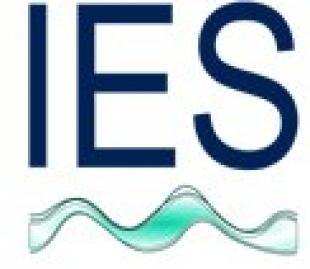Location:
Kings Buildings, Hudson Beare Building, Classroom 4
Date:
Speaker: Atul Agarwal
Abstract
Numerical climate models are simplifications of complex systems. As a consequence, there is bound to be some error between measured conditions and model output. It is possible to reduce the bias between model and instrument by 'calibrating' the model which involves the selection of tuneable parameters.
As these parameters can take a range of values, this creates uncertainty in the model's output due to the lack of knowledge of what the parameter values for the 'true' state are.
For my research involving wave modelling, I have tried to analyse this uncertainty and select an optimal set of parameter values. I will talk about finding the answers to two questions:
- What is the range of error for a randomly selected parameter set?
- How can the optimal parameter set be found?
Speaker: Dr Camilla Thomson
Title: The carbon displacement of wind power
Abstract
Estimates of the carbon emissions reductions of wind power in the UK are approximated as the average emissions of generation, although this is known to be incorrect: wind power does not replace all forms of generation equally, and conventional coal and gas-fired stations operate less efficiently when responding to fluctuating wind power output. This seminar will present research that identifies a realistic estimate of the carbon emission displacement of wind power on the National Grid. The methodologies developed to derive power output curves for individual generators from market data and isolate the marginal emissions displacement of wind power will also be presented. This work demonstrates that the carbon displacement of wind power is slightly higher than the average emissions, so wind farms perform better than current estimates, and the impact of wind variability on efficiency does not, as some reports claim, result in a net increase in emissions.
Biography
Camilla completed her undergraduate MEng degree at Edinburgh in Electrical and Mechanical Engineering in 2004, and went on to work for 5 years in industry as a Building Services Engineer. She has just finished her PhD on the Carbon and Energy Payback of Variable Renewable Generation, and is currently working on a project to prepare a briefing paper for the Scottish Government about the carbon emissions and costs of wind power generation. Her areas of interest include life cycle assessment, carbon footprinting of power generation, and the carbon flows through transmission networks.
The seminar team would like to thank the Engineering Graduate Society (EngGradSoc) for its funding and support of this seminar series.




